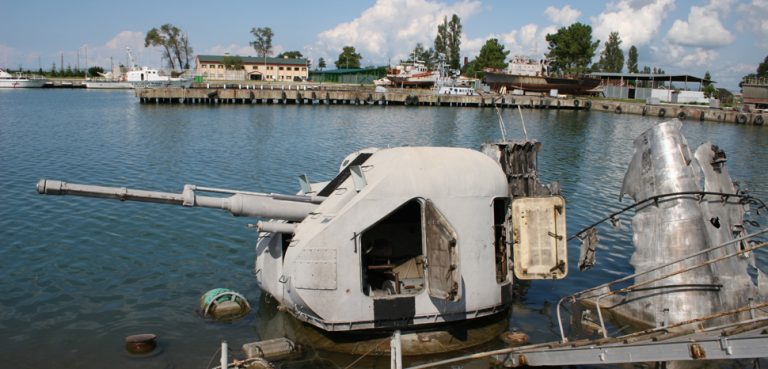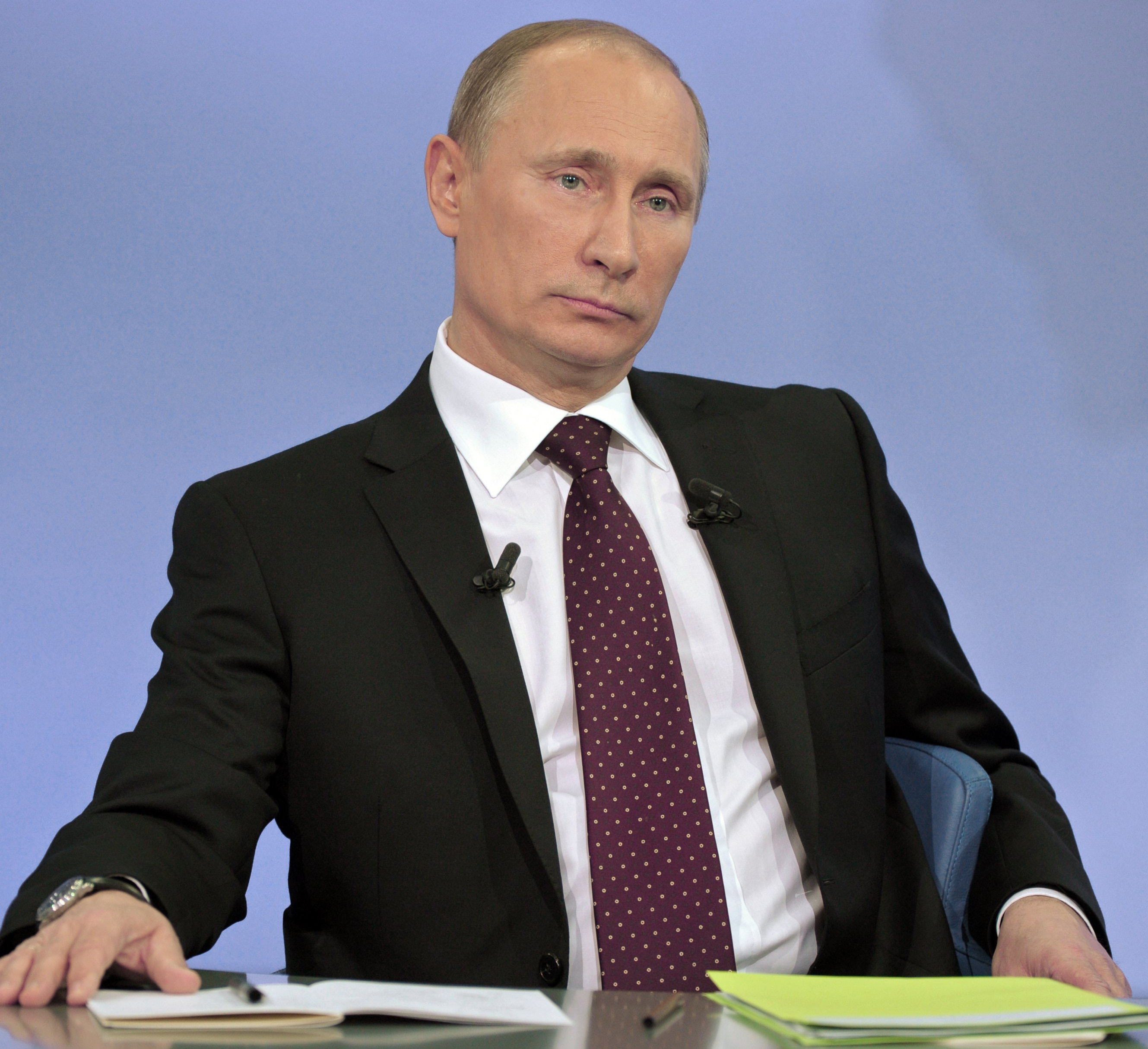In an effort to signal the Biden administration’s renewed engagement with African leaders, US Vice President Kamala Harris completed her tour to Sub-Saharan Africa with stops in Ghana, Tanzania, and Zambia. Harris’ tour precedes an expected visit to the region by US President Joe Biden, which would mark the first visit by a US president in 8 years.
Having retrenched from its position as a primary investor and trade partner on the continent, the United States faces a daunting uphill climb in its effort to contain the influence of China and Russia. During the Trump administration, US policy included cuts to various African initiatives and institutions, enabling both Beijing and Moscow to further cement their economic and political ties with a growing number of African leaders.
In addition to its status as Africa’s largest trade partner, China has invested heavily in infrastructure across the continent as part of its Belt and Road Initiative (BRI). The ratification of the African Continental Free Trade Agreement (AfCFTA) makes Beijing well-positioned to benefit from reduced transaction costs given the scale of investment by both private and state-owned enterprises. Though US investment during the Biden administration has seen a modest increase, it remains dwarfed by China’s capacity to lend, invest, and operate in a cost-effective manner using its skilled labor and technical expertise. China’s ambition to become self-sufficient in advanced manufacturing industries benefits from its involvement in the continent’s mining industry. The prevalence of technologically critical elements (TCEs) throughout the region, namely rare-earths, cobalt, and lithium, grants China a steady supply of raw materials as it prioritizes indigenous growth and vertical integration of its high-tech sectors.
Buttressing China’s economic impact on the continent is the increasingly visible role and influence of the Chinese Communist Party in shaping the continent’s institutional and political norms. China has increased its outreach and education initiatives with African civil servants and policymakers through scholarships and professional development in public administration and policy. The scale and success of these education and training efforts underscores the growth and popularity of a “Beijing Consensus” among current and future African leaders in developing their governance models.
Russia, for its part, has sought to expand its influence in Africa through security and military relations. Private military contractors like the Wagner Group remain active throughout the continent, where they provide training and other services to local security forces. The growth of PMCs in countries like Libya, Sudan, and Mali points to the Kremlin’s priority of establishing a defense posture against NATO’s southern flank near the eastern Mediterranean. In addition to deterring NATO forces, the expansion of Russian PMCs in these countries comes with the added benefit of creating trade routes that evade sanctions and generates foreign currency through the sourcing and sale of commodities. The trajectory of its war in Ukraine notwithstanding, Russia is likely to fill the security vacuum left by France in the wake of its troop withdrawal from the Sahel region last November following the failure of Operation Barkhane.
Russia’s economic engagement with Africa remains limited in total value and geographic scope, with 70% of its trade concentrated in just four countries. Sanctions stemming from the war in Ukraine has forced Moscow to pare its commitments of increased FDI and trade with the continent. Nevertheless, Russia remains a critical exporter to Africa for grains and arms, two industries where Russia holds a 30% and 50% market share, respectively, for the continent. Russia’s vast technical expertise and production capacity is also appealing for Africa’s energy needs. Russian nuclear energy and technology is expected to play a sizable role in the continent’s energy mix. Such conditions have prompted the United States to lobby African leaders for the deployment of scalable and portable Small Modular Reactors (SMRs) from Japan, instead of constructing traditional nuclear power plants with Russia and/or China, which have lengthier timelines and require decades of commitment and cooperation.
For the United States, the objective of countering Russia and Chinese influence throughout Africa will prove elusive given the vagaries in US policy and engagement on the continent over the past decade. Thus far, US efforts to deter African leaders from Chinese lending, often characterized as “debt trap diplomacy,” has yet to yield any significant change in China’s economic influence or the appetite for its financing. Similarly, US efforts to exert diplomatic pressure on Libya and Sudan over the presence of Russian mercenaries have failed to result in expulsions and are unlikely to in the near-term given the deadlock over the Libyan conflict and the close security and economic ties between the Kremlin and the ruling Sudanese junta.
The Biden administration has signaled a commitment to engage with Africa on economic development, regional security, and democratic governance, with Harris’ visit representing an important step. However, the outcome of the 2024 US president election will prove to be the more telling sign of US commitment and consistency in its foreign policy. Developing a foreign policy that can withstand leadership transitions will require the US to reorient attention toward supply chain security of TCEs, in addition to deterring Russian expansion near and around NATO’s southern flank. Though a prospective Biden victory in 2024 would inspire greater confidence among African allies, it is unlikely to significantly challenge the economic and political influence held by China and Russia throughout the African continent.




